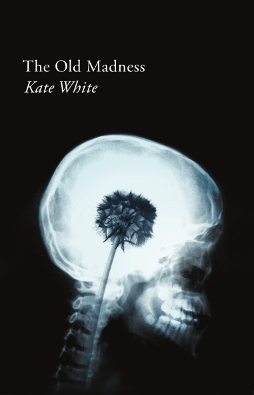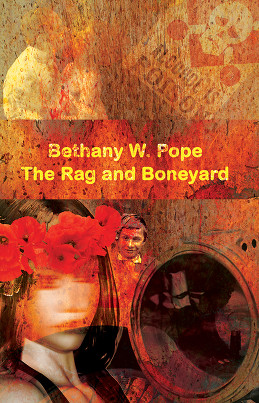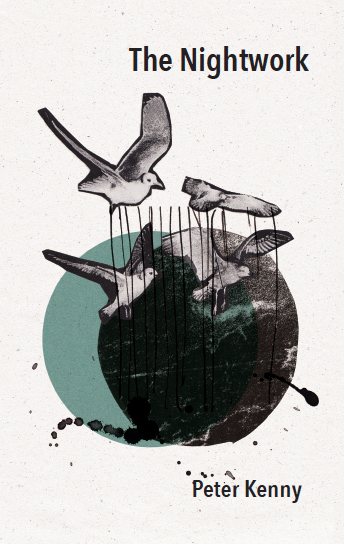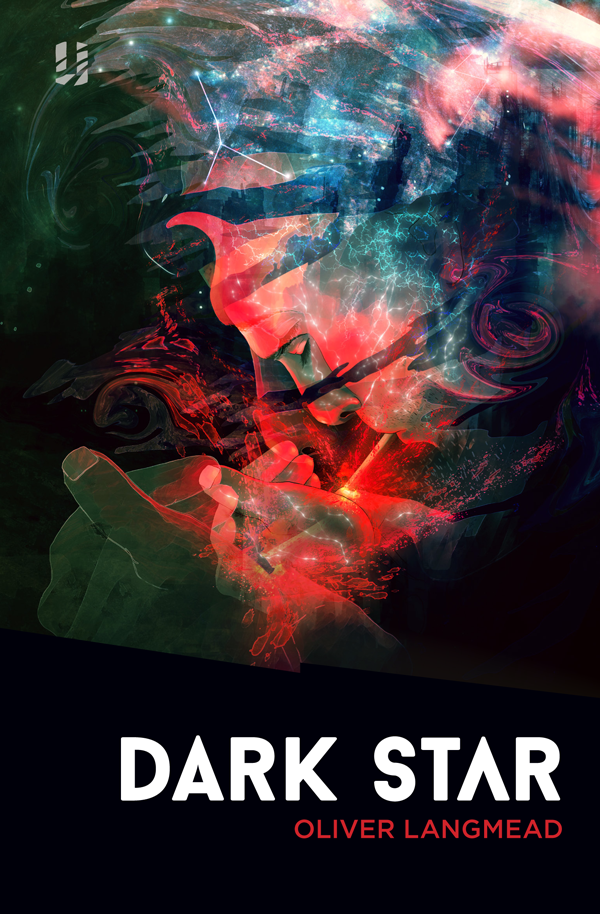The Old Madness by Kate White
-Reviewed by Bethany W. Pope–
There is such a thing as a beautiful darkness. Kate White’s pamphlet The Old Madness, winner of the first Poetry School/ Pighog Poetry Competition, is a very dark, very beautiful book. Reading it is a bit like wandering into a moonlit attic full of tapestries, rich in detail, whose stories are romantic – and a little skewed.
Possibly the best poem in the pamphlet is the fractured-sonnet, ‘Salt’. In this poem wonderfully lurid imagery (and real pain) are peppered with a leaven of puns. A sadist-lover makes a supper for the woman he is wooing. He braises hearts; but that is not enough to soften those tight knots of flesh. The muscle remains difficult to cut, so that ‘Forks flinch.’ In response, the Hannibalistic chef, ‘bought sharper knives.’
This poem is a character study: a funny, furious portrait of an alienating mind. The speaker implies that the braised hearts did their business, chasing visitors away, and setting the chef’s few remaining friends on edge:
They set a challenge to those friends who still visited,
those grown blasé to a salad booby-trapped
with snails, impervious to your rank game.
I was impressed by the poet’s wit, her bitter puns. This sonnet, composed of fourteen dense lines, explores the themes of failed love, food, and cruelty and highlights their intersection with a wonderful, mischievous sense of discovery. The chef discovers a swarm of slugs on the stairs leading out to his garden:
You tried them flambéed
on the back step before you realized all they needed
was a little salt to make them scream.
Love, or the ideas attached to love, is the theme of this collection. The titular poem, ‘The Old Madness’ describes infatuation as a disease of perception:
I shall miss the old madness, this
distortion of perspective as you
(if indeed it’s you) loom larger
than you should.
To the speaker, love is a projection that he or she casts onto the blank screen, the body of the beloved – at least at first. When the illusion breaks down, as illusions always do, the lover is left, ‘disappointed / and sane’. The ‘real’ love was always inside her head, what she saw was an animus, a ghost. A human lover could never live up to such numinous desire.
Many of the poems in this collection are very short, but they are not insignificant. They feel momentous and compact; reminding me, in some places, of the strange and magical work of Helen Ivory. In others they feel more like Baudelaire. These words have substance, weight, even as they take their cue from the palpable absence, as they do in ‘Ghost Swimsuit’. The speaker in the second-to-last poem says, ‘I glow across the room/ from you; you can see me in the dark.’ This collection is a small, hard, burning thing; alive as metal in a forge.






